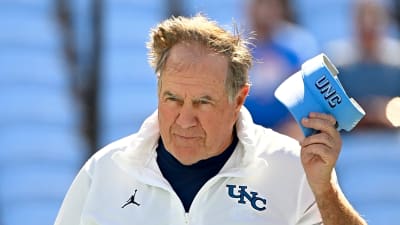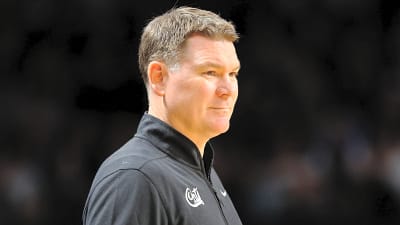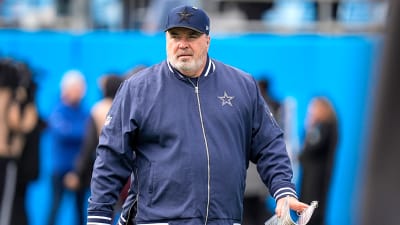
Matt Eberflus, known for his predominantly zone-based scheme, flipped the script vs. Washington — running man coverage on over 45% of snaps.
The result: a pick-six, four sacks, and a 45.7 passer rating in man coverage as Dallas dominated without Malik Hooker or Trevon Diggs.
Cowboys’ Defensive Revival
When the Dallas Cowboys took the field against the Washington Commanders, few expected such a dominant defensive performance — especially without Malik Hooker and Trevon Diggs anchoring the secondary.
Yet under defensive coordinator Matt Eberflus, the Cowboys proved that adaptability — not rigidity — can spark a defensive revival.
Eberflus, long known for his predominantly zone-based system, changed course.
Instead of relying on spot-drop coverage and soft zone looks, he unleashed a man-heavy attack — calling man coverage on more than 45% of defensive snaps, the highest rate of the season. The impact was immediate.
While in man coverage, the Commanders’ passing game completely collapsed:
- 5-for-15 passing
- 57 total yards
- One pick-six interception
- One forced fumble and one recovery
- 45.7 passer rating
That shift let the defense play fast, physical, and instinctive — finally matching scheme with talent.
Man Coverage Ignites the Pass Rush
As Sports Illustrated reported, the Cowboys’ man coverage didn’t just help the secondary — it reignited the pass rush that had been under fire all year:
“ Rookies Shemar James and Donovan Ezeiruaku recorded their first career sacks, while Jadeveon Clowney and Kenneth Murray also each recorded one. For good measure, James forced a fumble when he got to Jayden Daniels, and Clowney recovered the fumble. There was a lot made of the secondary playing better in man coverage against Washington, but the pass rush deserves as much credit.”
The correlation is clear — when coverage holds, the front can feast.
Tight man defense forced Jayden Daniels to hesitate, giving Dallas’ rushers the extra second they’ve been missing all season.
A New Defensive Identity Taking Shape
Even though Washington finished with 205 passing yards, nearly 150 came against zone coverage on checkdowns and short throws.
In man coverage, the Commanders had no answers. Dallas’ defense looked confident, cohesive, and aggressive — three traits that had been missing in earlier weeks.
Eberflus’ flexibility allowed players like DaRon Bland, Juanyeh Thomas, and Shemar James to thrive. The mix of man coverage and pressure turned what was once a predictable defense into a dynamic, turnover-driven unit.
Adaptability Wins Games
Eberflus’ traditional zone philosophy doesn’t naturally fit Dallas’ fast, physical personnel, but his willingness to adapt showed what’s possible.
By trusting his corners and safeties to hold up in man coverage, he created opportunities for his front seven to dominate.
A defense that once struggled to pressure quarterbacks now looks rejuvenated — thanks to a coordinator willing to evolve. If this man-heavy approach continues, the Cowboys may have found the blueprint for their best defensive football yet.
More must-reads:
- Patriots' Mike Vrabel reveals level of concern about Drake Maye shoulder injury
- Broncos owner makes big statements about futures of QB Bo Nix, HC Sean Payton, GM George Paton
- The '100-yards + TD Conference Champ games' quiz
Breaking News
Trending News
Customize Your Newsletter
 +
+
Get the latest news and rumors, customized to your favorite sports and teams. Emailed daily. Always free!








